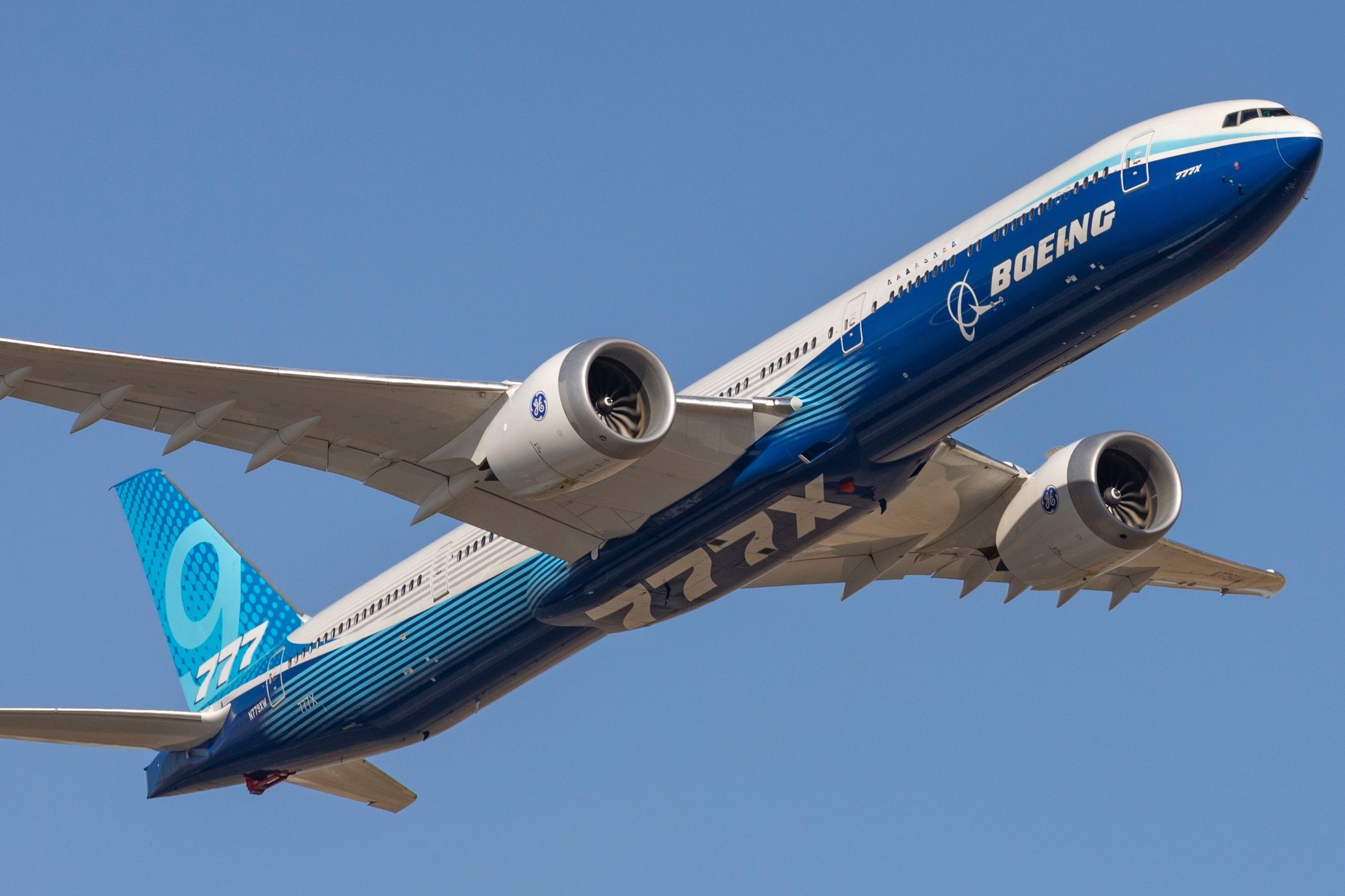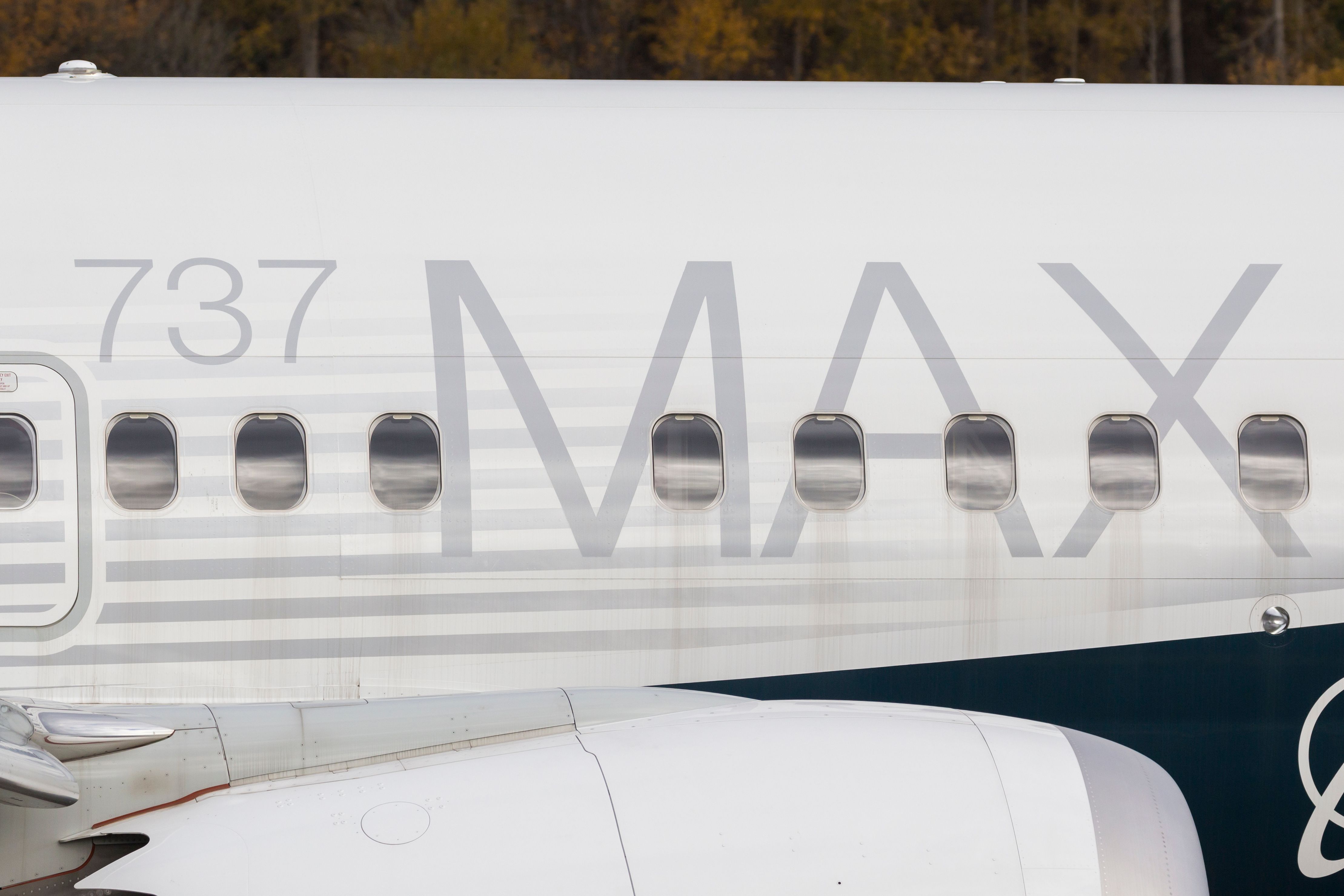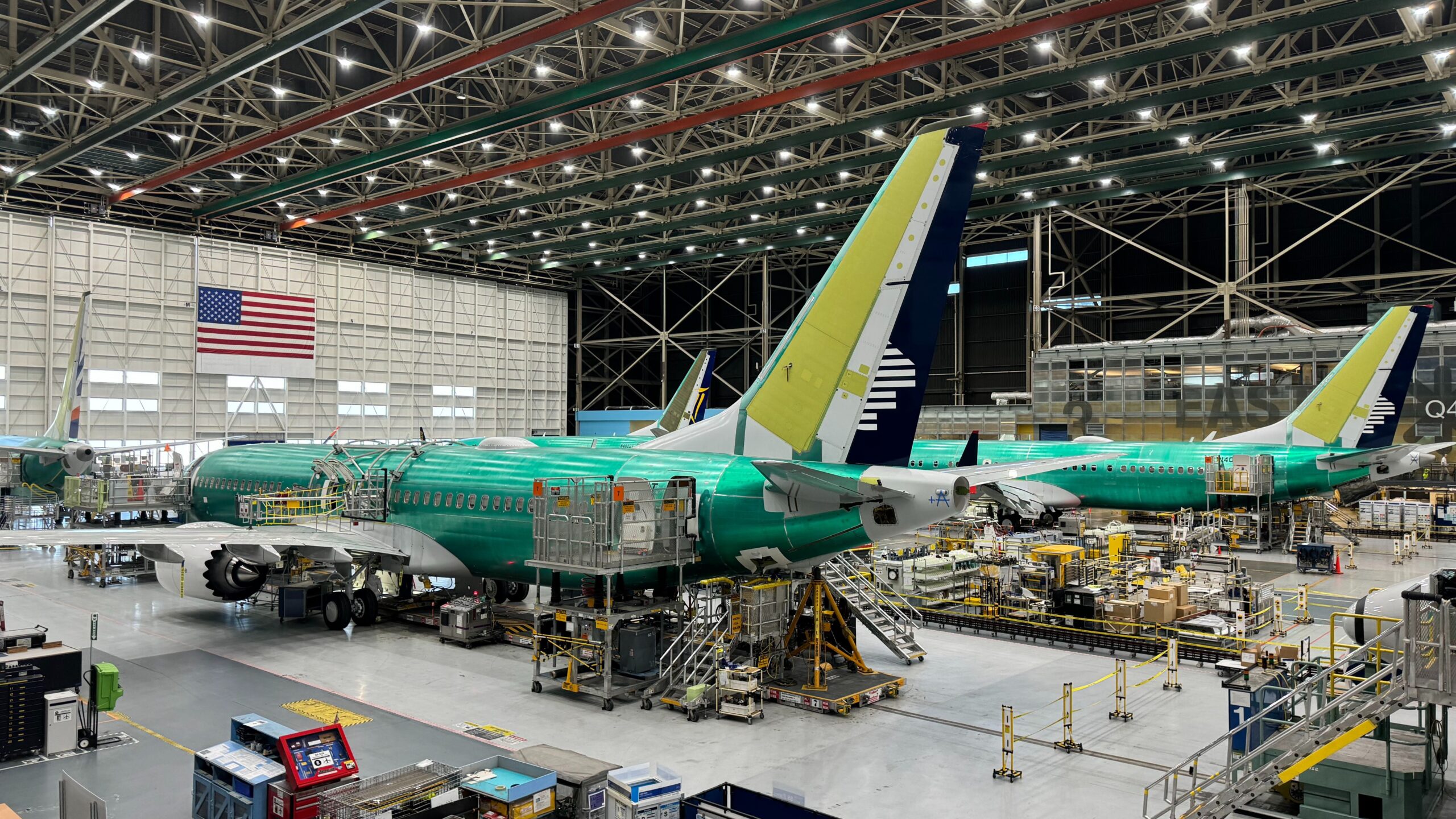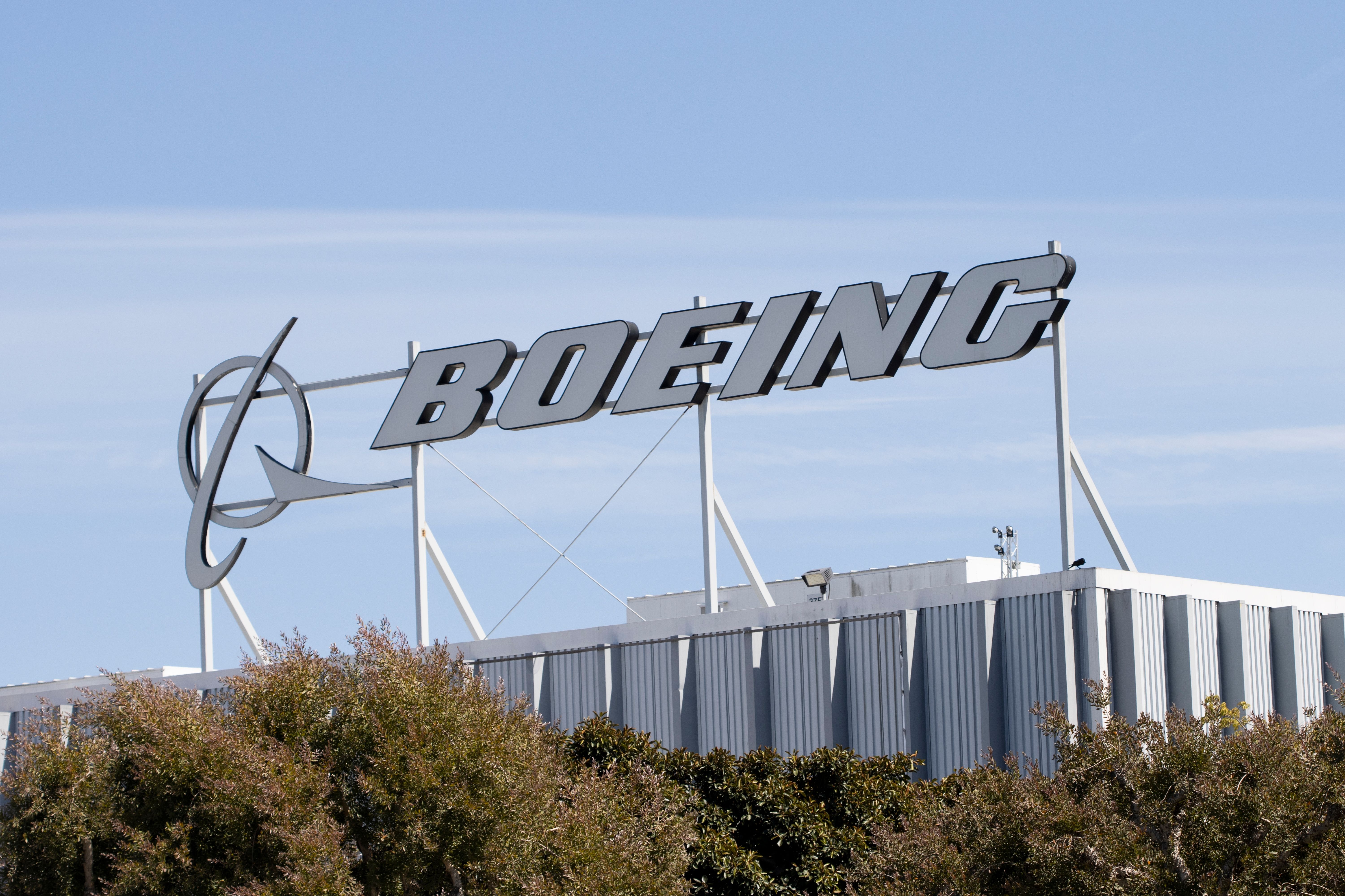Summary
- In Q2, Boeing reported massive losses, including a negative cash flow.
- Boeing Commercial Airplanes (BCA) delivered more than 30% fewer aircraft in Q2, resulting in lower revenues.
- Boeing announced its new chief executive, tapping an ex-Rockwell Collins, United Technologies, and RTX executive to take over the reins of the aircraft manufacturer.
Boeing has continued to bleed cash, with the plane maker announcing that during the first half of the year, its free cash flow (FCF) was over -$8 billion, which includes a negative FCF of over $4 billion in Q2 2024, as it continues reeling from the quality and safety issues that it has faced throughout the year.
30% fewer deliveries and corresponding losses
In Q2, Boeing delivered 92 commercial aircraft, or 32% fewer than in Q2 2023, when it handed over 136 jets to its customers. Its H1 deliveries are down 34%, dropping from 175 to 266 during the same period in 2023.
As a result, Boeing Commercial Airplanes (BCA) Q2 and H1 revenues were $6 billion and $10.6 billion, respectively, while during the same two periods in 2023, BCA’s earned $8.8 billion and $15.5 billion, respectively.
Photo: VDB Photos | Shutterstock
Overall, BCA ended Q2 with a loss of $715 million (operating margin: -11.9%, and H1 with a loss of $1.8 billion (operating margin: -17.4%).
Boeing as a company ended with revenues of $16.8 billion in Q2 and $33.4 billion in H1, with both figures being 15% and 11% lower year-on-year (YoY). As a result, the aircraft manufacturer ended the three and six-month period with a net loss of $1.4 billion and $1.7 billion, respectively.
In total, Boeing’s FCF in Q2 was -$4.3 billion, while in H1 it was -$8.2 billion, while during the same two periods in 2023, it was still positive, with the plane maker ending the first six months of 2023 with FCF of $1.7 billion.

Related
Boeing Reports Q2 Jet Deliveries Amid Legal And Production Challenges
Numbers were significantly down compared to 2023.
Progress in strengthening its quality
David Calhoun, the outgoing president and chief executive officer (CEO) of Boeing, said that while the quarter was challenging, the company has made progress in strengthening its quality management system and positioning the company for the future.
“We are executing on our comprehensive safety and quality plan and have reached an agreement to acquire Spirit AeroSystems.”
In Q2, Boeing submitted its plan to improve the quality and safety of its commercial aircraft production to the Federal Aviation Administration (FAA) while also finalizing an agreement to purchase its main supplier, Spirit AeroSystems.
The company expected to close the latter transaction in mid-2025.
Still, Boeing reiterated its goals to increase the production of the 737 MAX and 787, outlining that during the quarter, it gradually built more 737 MAXs.
Plans to increase the monthly rate to 38 per month were still on the cards.
Meanwhile, Boeing also maintained its plans to build five 787s per month by the end of 2024 while reiterating that the 777X has begun its flight certification testing with the FAA after the aircraft received its type inspection authorization (TIA).

Related
Boeing Initiates 777-9 Certification Flight Trials With The FAA
The beginning of certification flights follows the reception of the 777-9’s Type Inspection Authorization (TIA).
CEO successor
At the same time as it announced its Q2 results, Boeing introduced the successor to Calhoun. The company chose Kelly Ortberg to lead the company, with Ortberg assuming the duties of president and CEO of Boeing effective August 8.
In a letter to Boeing’s employees, Steve Mollenkopf, the chair of the board of Boeing, stated that Ortberg was appointed after “a thorough and extensive search process over the last several months.”
Photo: Tada Images | Shutterstock
“Kelly brings over 35 years of aerospace leadership to this position. He began his career in 1983 as an engineer at Texas Instruments, and then joined Rockwell Collins in 1987 as a program manager and held increasingly important leadership positions at the company prior to becoming its president and CEO in 2013.”
After leading Rockwell Collins for five years, Ortberg was responsible for the company’s integration with United Technologies and RTX. He retired from the latter company in 2021, with the 64-year-old now working as an advisor to the CEO of United Technologies.
Boeing raised the mandatory retirement age for its CEO from 65 to 70 in April 2021, which enabled Calhoun, now aged 67, to continue working for the company.

Related
$243.6 Million Penalty: Boeing Files Formal Guilty Plea With DOJ On 737 MAX Fraud
The DOJ and Boeing have asked the court to accept the plea agreement consistent with standard practice of the United States Government.



